Labat takes the risky approach with its rights offer (JSE: LAB)
It is highly unusual to see a structure like this
Given the lack of support for small caps on the JSE, it’s very rare to see an “exposed” capital raise, like a rights offer without an underwriter. Companies generally push for a capital raise that technically cannot fail, thanks to the presence of an underwriter who is usually a large existing shareholder or a new shareholder looking to take a strategic stake.
Cannabis group Labat is taking a different route, looking to raise R74.7 million without the support of a genuine underwriter. Strangely, the offer price is 12 cents per share at a time when the share price is 8 cents a share. As a final twist in this tale, no excess applications are allowed, so any rights that aren’t taken up by the rights holder will simply lapse.
I’m not sure what’s going on here, because no company that is serious about raising money uses a structure like this. They want to use the capital to invest in the infrastructure around the SAPHRA extraction licence, with any leftovers set aside for working capital.
Directors and associates will “partially underwrite” the offer by committing to capitalise existing amounts owed to them. As I understand it, that means they would offset loans against equity, which is hardly a capital raise that helps drive growth. No commission is payable to them, as one would hope.
This is a most unusual situation, not least of all when the market cap of R50 million is well below the proposed capital raise!
Mantengu Mining reports on its first Langpan year (JSE: MTU)
This is the base against which earnings will be measured going forward
Mantengu Mining has released results for the year ended February 2023. This is the first year with the Langpan Mining reverse takeover in the numbers, a deal that was effective on 27 July.
The accounting is complicated here, with an attempt made by accounting rules to make the comparable period useful by including Langpan numbers that had nothing to do with Mantengu in that period.
The commissioning of the Langpan chrome beneficiation plant took place after year end, so that will be the real focus of the numbers going forward.
For the sake of completeness, Mantengu recorded a loss for the year of R16.9 million.
Marshall Monteagle’s earnings evaporate (JSE: MMP)
Earning in ZAR and reporting in USD isn’t ideal
FMCG support business Marshall Monteagle has released a trading statement for the year ended March 2023. It doesn’t make for pretty reading.
The company reports in USD and earns in ZAR, which is the first problem based on the rapid devaluation of our currency. The other problems are inflation and losses in South African trading subsidiaries.
HEPS has fallen from positive $7.9 cents in the prior period to a headline loss of $2.3 cents in this period.
Naspers and Prosus released trading statements (JSE: NPN | JSE: PRX)
I love the reference to a “market correction in internet valuations”
In case you don’t know the story of Naspers and Prosus, it goes something like this…
Group makes investment in China many years ago. Investment does insanely well. New management team inherits cash cow. New management team takes cash and incinerates it in stupid deals. New management team becomes fabulously wealthy along the way. Market shouts. New management team doesn’t listen, putting in place more ridiculous structures to keep buying time. Market shouts more. New management team eventually listens and buys back shares instead of throwing cash in the furnace. New management team celebrates this success like it was their own. New management team becomes wealthier.
The sale of shares in Tencent and the repurchase of shares by Prosus has created $29 billion worth of value, according to the management team. Of course, what they don’t say is that the value was destroyed by the company in the first place. It should rather say “recovered $29 billion worth of value” – a lot closer to the truth.
Headline earnings per share has fallen by between 73.6% and 80.6%. A lower contribution from Tencent is obviously part of this, with higher impairment charges on the portfolio due to a “market correction in internet valuations” – of course, those were the exact valuations at which they were merrily buying assets during the pandemic.
Just to confuse you even further, the share price is up nearly 70% over the past year. This is a direct result of the share buybacks closing the gap to NAV, rather than anything to do with performance in the rest of the portfolio. Over 3 years, the share price is flat.
As for Naspers, the HEPS story and underlying drivers are all similar to Prosus for obvious reasons. The share price is up 82%, as Naspers has been a relatively larger beneficiary of the discount closing. Over 3 years, you would’ve made just over 6% in Naspers – in total.
Remind me again what this management team gets paid? Actually, please don’t. I have enough to deal with.
Shaftesbury Capital gave a detailed update at the AGM (JSE: SHC)
This is a “first 100 days” speech that you normally see in politics
After Capital & Counties merged with Shaftesbury and primarily adopted the latter’s name, the enlarged group (Shaftesbury Capital) obviously wants to have clear communications with the market. The AGM featured a detailed trading update that was released on SENS, covering the first 100 days of life as a merged group.
It’s not quite 100 days mind you, unless we are talking business days. For the first five months of the year, leasing transactions saw an uplift of 6% vs. the estimated rental value given at December 2022. Happily, the cost savings indicated in the merger documentation are running ahead of schedule, so that’s good news for margins.
I found it quite surprising that the biggest rental uplift vs. expectations is coming from office properties, where rents are up 8%. Residential was up 4%, hospitality and leisure 5% and retail 7%.
To give you a sense of how upmarket this London portfolio is, they make reference to restaurant openings by Michelin Star chefs. This isn’t your local food court with a Steers, I’ll tell you that much.
With significant debt refinancings on the horizon, investors need to keep an eye on the weighted average cost of debt.
No dividend at Spar (JSE: SPP)
When a company announces a SAP project, hit the sell button
I’ll never understand how a SAP project can cause so much pain at a retailer. Shoprite had its fair share of challenges, with Spar as the latest victim of go-live challenges. I don’t have the time to work back through Ernie Els’ career to figure out whether his SAP branding on his cap caused him any missed shots, but it wouldn’t surprise me. The SAP issues in KZN still haven’t been sorted out, amazingly, which means huge inventory and ordering problems in the region.
Spar’s troubles can’t be exclusively blamed on SAP, that’s for sure. They are the masters of scoring own goals, with diluted HEPS falling by 30.2% in the wake of huge management changes and no shortage of controversy. This time, we can’t even attribute the pain to the business in Poland.
Despite group turnover being 7.9% higher, operating profit fell by 17.5%. Add on the cost of debt and you can quickly see why HEPS fell by over 30%.
SPAR Southern Africa managed to grow turnover by 5.6%. If we unpack that number, core groceries were up 7.9% against price inflation of 10.8%, which means volumes fell sharply. TOPS turnover fell by 1.9%, admittedly against a strong base where South Africans were unleashed from lockdowns. Build it saw turnover fall by 3.8%, nothing we aren’t used to seeing in the building sector. At least S Buys Pharmacy at SPAR grew by 20% in this period, admittedly off a small base vs. the rest of the business.
In Ireland and South West England, BWG Group saw turnover increase by 8.8% in local currency and 15.1% as reported in ZAR. There was far less joy in Switzerland, where turnover fell 4.3% in local currency and 6.9% in ZAR. People in Switzerland literally cross the border to buy groceries, something that wasn’t possible when borders were closed in the pandemic. In Poland, growth in local currency was 4.9% and in ZAR was 9.3%, with a significant increase in retailer loyalty after a difficult period with the newly acquired franchise network. The Polish business is unfortunately still loss-making.
Even if you knew nothing about the balance sheet, you wouldn’t be surprised to learn that there is no dividend based on these numbers. But when you read the section on net debt, you’ll very quickly realise that your best chance of cash back from Spar is a coupon at the till. Group net debt has ballooned from R9.8 billion at 30 September 2022 to R12.8 billion, with a breach of the leverage covenant that lenders are waiving for now at least. A major reason for the breach is the translation of foreign debt into ZAR.
This is going to be a tough journey.
Little Bites:
- Director dealings:
- A director of Santova (JSE: SNV) has sold shares worth R1.3 million.
- A director of Frontier Transport Holdings (JSE: FTH) has bought shares worth R92k.
- It seems so strange that a property management company internalisation needs to be approved by the competition authorities, but the rules are the rules. The Investec Property Fund (JSE: IPF) deal is big enough to require a merger filing. The Competition Commission has approved the deal without conditions and the Competition Commission Tribunal must now consider it.
- The vote on the business rescue plan for Tongaat Hulett (JSE: TON) and two of its subsidiaries has been postponed to allow the business rescue practitioners to amend the plans of the companies to take into account various developments.
- Steinhoff (JSE: SNH) has announced that the hearing for the WHOA Restructuring Plan will take place on 15th June. This will help shareholders find out whether their shares are worthless now or later.

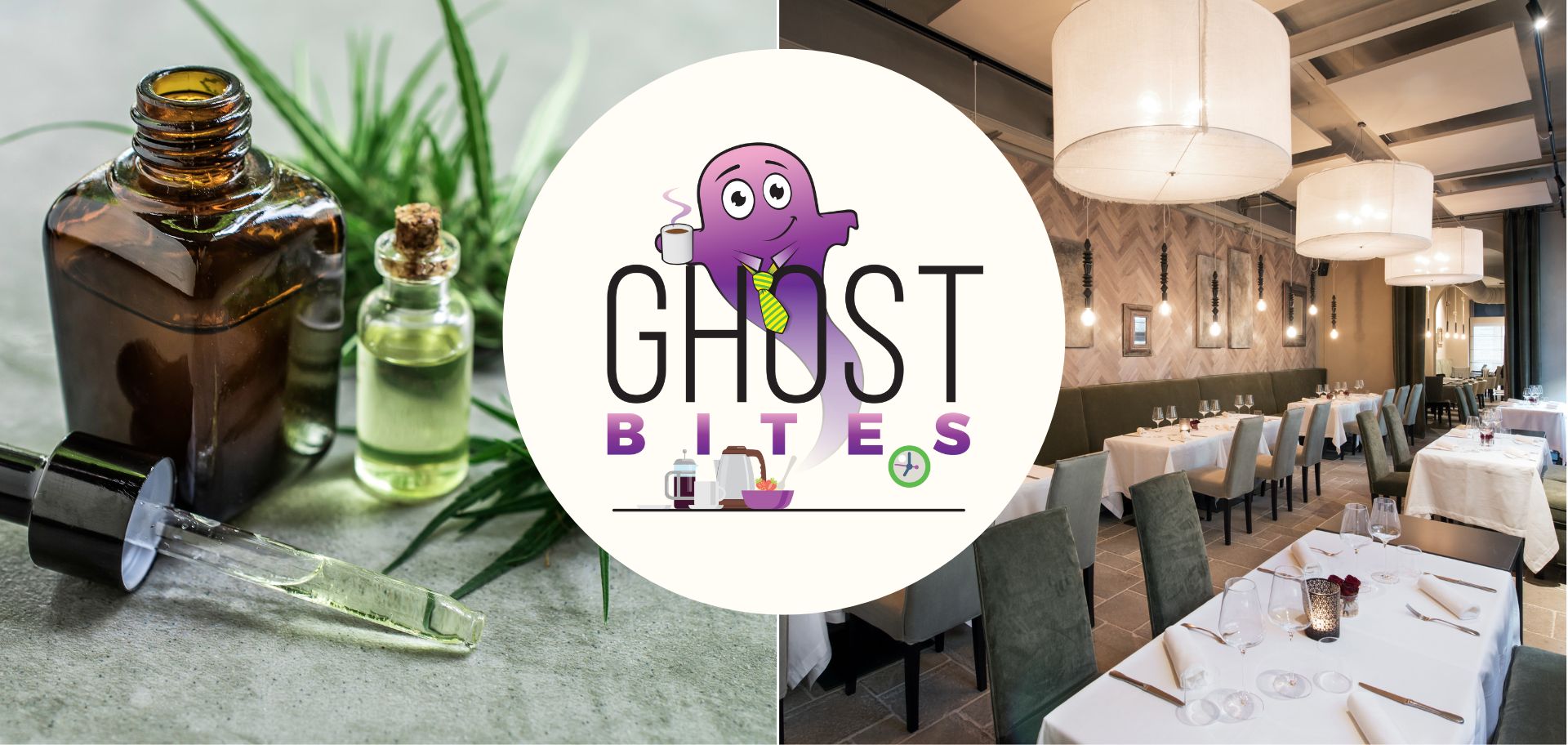


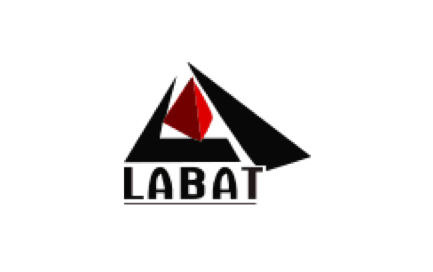
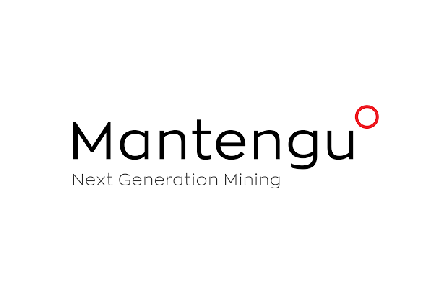
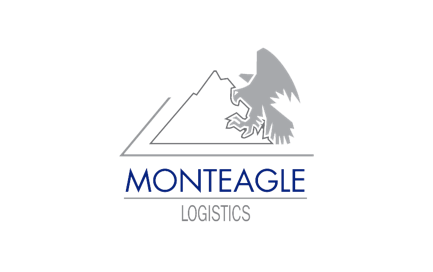
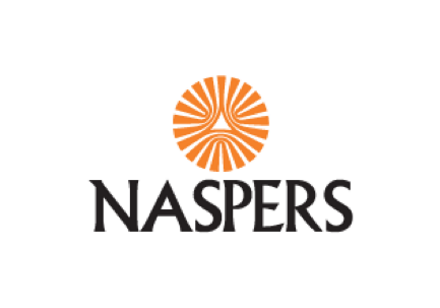
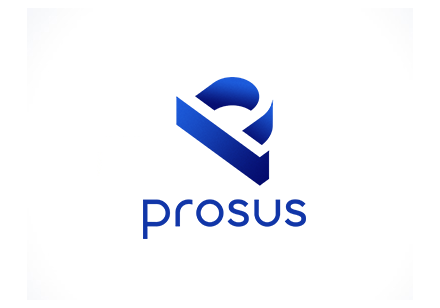
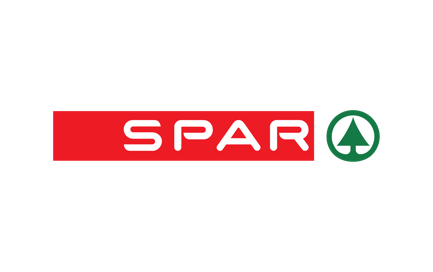
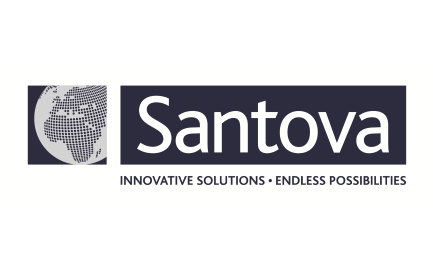
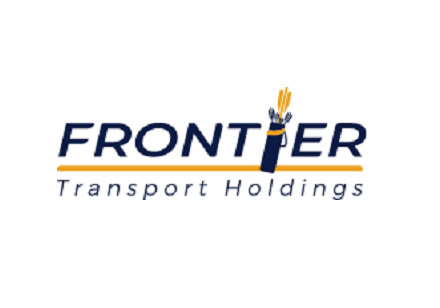
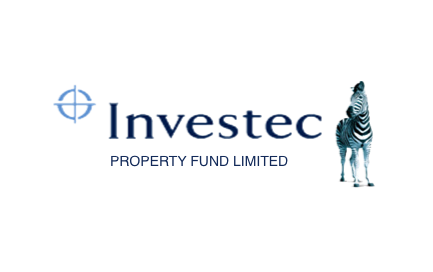
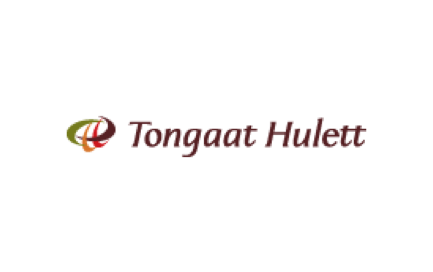
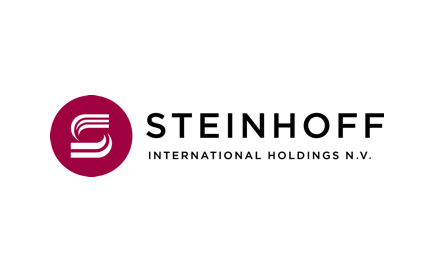


Absolutely agree re SAP. Has there ever been a trouble free installation?.
Spar Switzerland turnover down 4.9% in CHF bot uo 6.9% in ZAR. Sometimes a weak currency helps you.